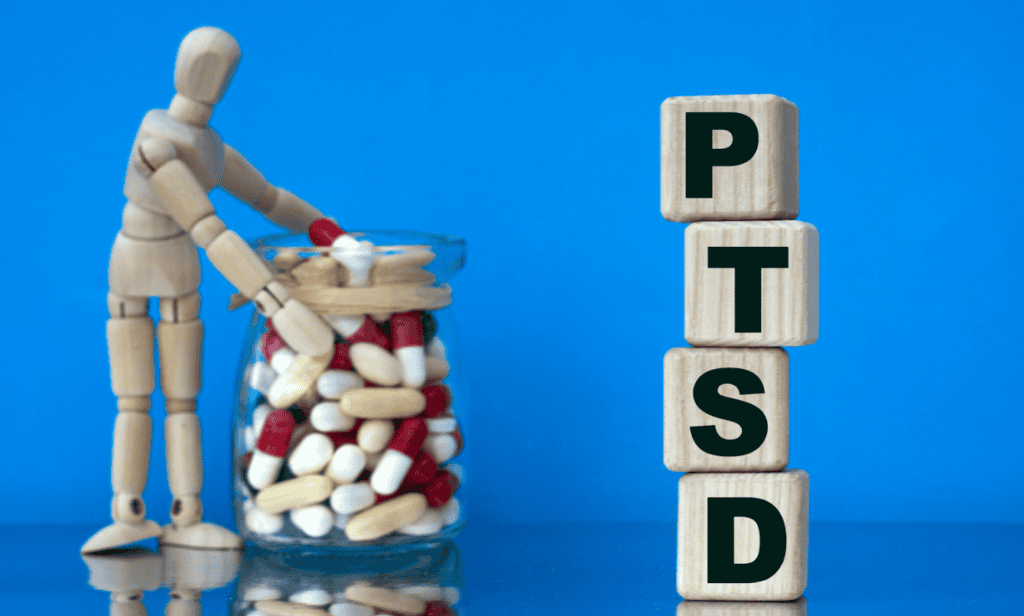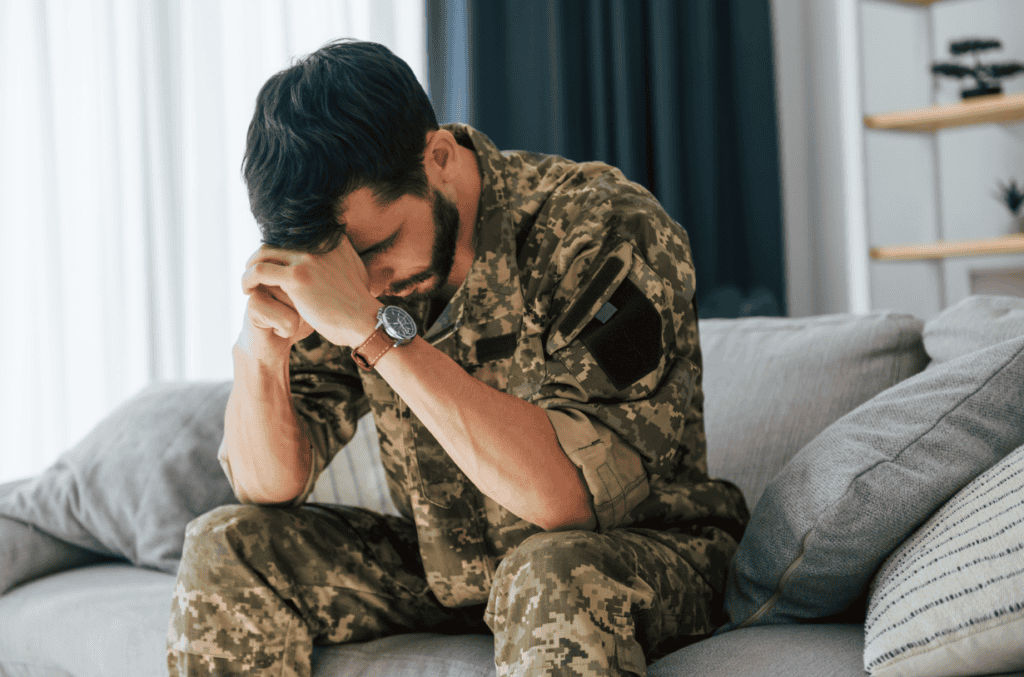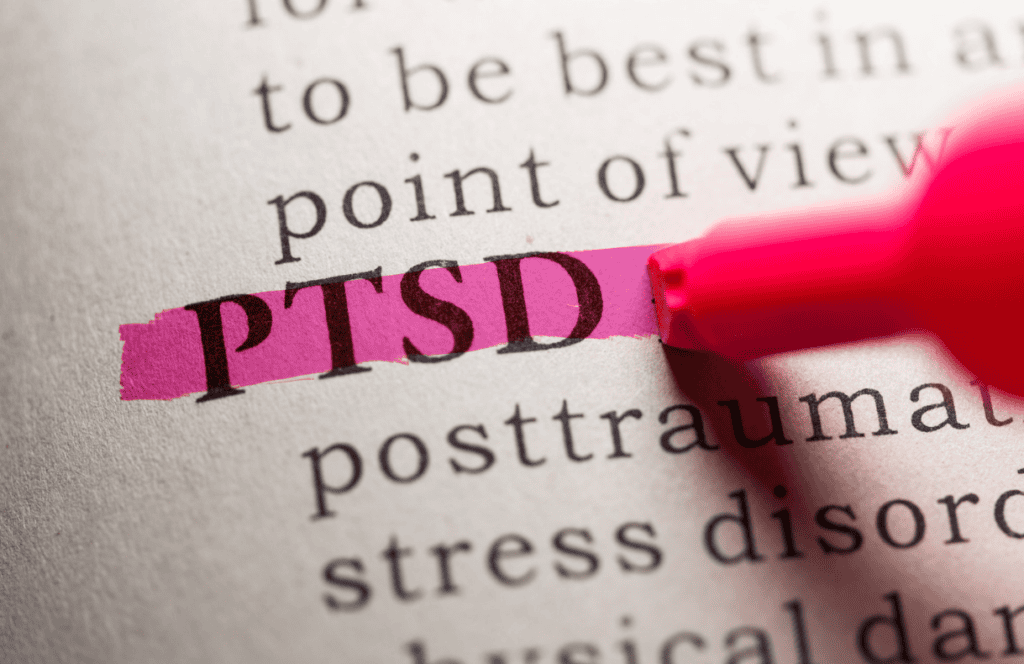Coping with post-traumatic stress disorder (PTSD) following road accidents necessitates a tailored approach to address the unique challenges survivors face.
Table of Contents
Implementing coping strategies such as seeking professional counseling, participating in support groups, and practicing relaxation techniques can aid in managing symptoms and promoting recovery.
Additionally, engaging in activities that promote a sense of safety and empowerment, such as self-care practices and advocacy efforts, can contribute to healing and resilience in the aftermath of trauma.

Road accidents can have profound and long-lasting emotional impacts. When the immediate physical dangers subside, psychological scars such as post-traumatic stress disorder (PTSD) often emerge.
This mental condition may persist long after broken bones heal, profoundly affecting one's daily life and sense of security. By incorporating coping strategies, those affected can embark on a healing path.
Essential to this journey may be the guidance of a compassionate Dallas accident lawyer to navigate the legal complexities that often accompany such traumatic events, allowing individuals to focus more completely on their recovery.

Understanding PTSD in the Aftermath of Accidents
The genesis of PTSD stems from experiencing or witnessing a life-threatening event, such as a severe car accident. The disorder's complexity is such that it can manifest in various forms and severities, with some individuals showing resilience while others may develop chronic conditions.
It is critical to increase awareness that PTSD is more than a stress response; it can interfere with daily functioning and relationships. By fostering understanding, society can better support those suffering from invisible yet profound injuries.
Recognizing the Symptoms of PTSD
Identifying PTSD early on can lead to a more favorable prognosis. Its symptoms often include flashbacks, nightmares, and severe anxiety, along with an ongoing internal struggle to stay grounded in the present.
It can also manifest through avoidance behavior, cognitive alterations like distorted beliefs about oneself or others, and mood changes such as persistent negative emotions. Knowledge of these symptoms can empower those affected to seek timely and appropriate care.
Coping Mechanisms and Self-Help Strategies
Self-regulation techniques can provide relief and a regained sense of control. People who practice mindfulness and meditation can learn to ground themselves in the here and now, which can help them escape from troubling memories.
Frequent physical activities, like swimming or walking, put the body and mind in a healthy rhythm and help reduce hyperarousal symptoms.
Furthermore, creative outlets like art or music allow for expressing and processing complex emotions in non-verbal ways, promoting healing.
Seeking Professional Help for PTSD
Professional guidance is instrumental in dealing with PTSD. Mental health professionals can offer a safe space for individuals to explore and understand their symptoms, working together to create personalized coping strategies.
Therapists versed in trauma-informed care are skilled at helping clients navigate the intricate journey of PTSD recovery. As the healing process is unique to each person, a counselor can help tailor approaches that align with one's values and lifestyle.
Therapeutic Approaches to PTSD
Psychotherapy, often referred to as talk therapy, includes several effective treatments for PTSD. Cognitive-behavioral Therapy (CBT), for instance, assists in changing the thought patterns that are disrupting one's life. EMDR has been efficacious in diminishing the distress linked to traumatic memories.
Meanwhile, exposure therapy confronts fears directly, thereby reducing their power. An integral part of recovery is finding an approach that resonates with the individual, potentially combining different methods for holistic healing.
The Importance of Support Systems
The strength of human connection should always be considered. Support from loved ones can act as a buffer against the isolation that often accompanies PTSD.
Community resources, such as support groups tailored for trauma survivors, provide a shared space for healing and understanding. These networks foster a sense of belonging and provide a platform for exchanging strategies that have aided others, potentially benefitting new group members.
Medications for Managing PTSD Symptoms
In some instances, medications can be a cornerstone of PTSD management. Antidepressants, for example, can help to overcome depressive symptoms, thoughts of suicide, and anxiety, which are common in people living with Post-Traumatic Stress Disorder.
It’s essential to approach medication as part of a larger treatment plan, often in conjunction with Therapy. Open communication with a healthcare provider is paramount to ensuring the effectiveness of treatment and making necessary adjustments.
Lifestyle Adaptations for Recovery
Adjusting daily habits can significantly bolster the recovery process. Simple changes like establishing a stable routine can imbue a sense of order amid chaos.
Nutrient-rich diets, adequate hydration, and exposure to nature all affect physical and mental health. Healthy sleep patterns are particularly crucial for those with PTSD, as sleep disturbances can exacerbate symptoms.

Long-Term Management of PTSD
Healing from Post-Traumatic Stress Disorder is an ongoing process. It requires patience, commitment, and adaptability. Maintaining a long-term perspective allows individuals to set realistic expectations for their recovery journey.
Predictable check-ins with a mental health care provider furnish the continuity and support necessary to navigate fluctuating symptoms and the evolving process of healing.
Overcoming Post-Traumatic Stress Disorder Stigma
Despite increased awareness, a stigma still exists around mental health struggles like Post-Traumatic Stress Disorder, often deterring individuals from seeking help.
By embracing their own story and actively engaging in education on the topic, individuals with PTSD can start to break down preconceived notions. In becoming advocates for their health and the community, they step into an empowering role that validates their experience and provides hope for others.


